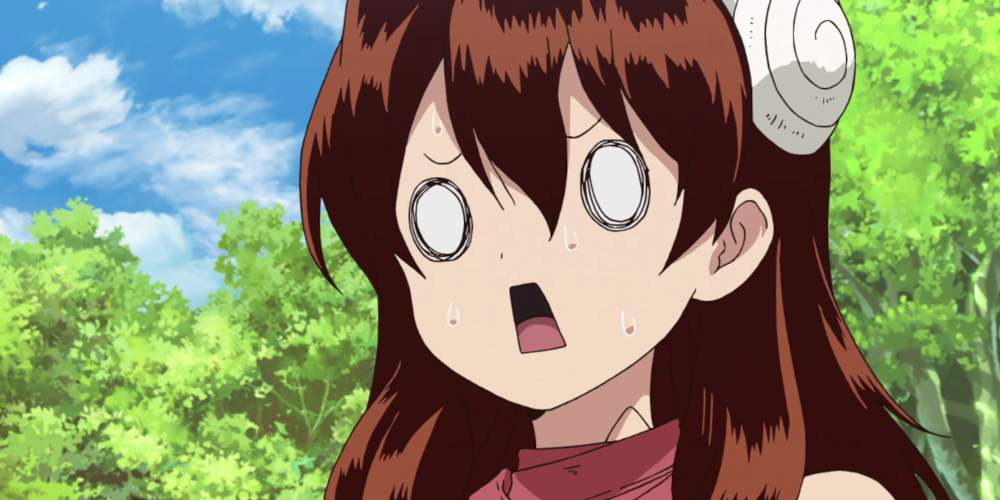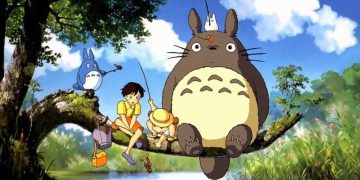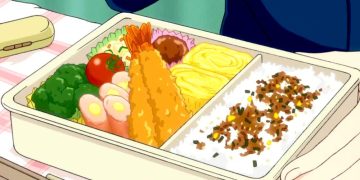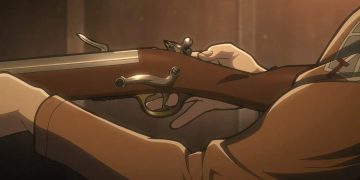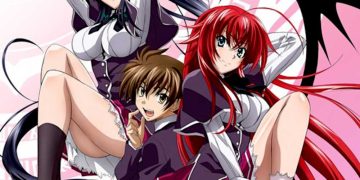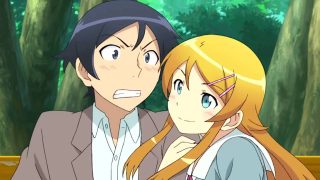Anime watchers come in three flavors. First, you have hardcore fans who seek out and watch Japan-exclusive content. Second, you have fans who watch what's available on streaming services. Third, you have casual watchers who only know the mainstream hits.
Mainstream anime series are often localized when they're brought over to Western audiences, and that means some lines of dialogue are translated with creative liberties taken. The end goal is for tricky lines to be more relatable to Western audiences.
But adapting an anime for Western audiences isn't an exact science, and it's certainly not a simple process. Differences in culture that don't exist in the West—including certain language idioms and societal norms—make it tough to do direct translations.
Most localization efforts are imperfect but acceptable, as audiences understand that anime adaptations will slip here and there. But there have been anime localizations that are downright baffling.
Here are some of the most infamous anime changes that were made for Western audiences, ranging from an unreasonable fear of a common Japanese food item to a completely different (and utterly strange) dynamic between characters.
5. Pokémon Hates Japanese Food
The popular Pokémon anime series has several examples of changes made for international broadcast.
One famous episode featured Porygon and Pikachu teaming up to give children across Japan seizures. That episode was immediately pulled from domestic rotation and never officially aired overseas.
Yet even among the episodes that did make it to English-speaking regions, several of them were subject to heavy changes.
The image of Brock Lee holding a rice ball and calling it a jelly donut is basically a meme by this point. But that's tame compared to the 4Kids adaptation of the Pokémon anime, which went even further.
Multiple mentions of Japanese food were edited out over the years—often very poorly—so that young people across America wouldn't be exposed to the dangers of rice balls, apparently.
4. Yu-Gi-Oh! Banishes All Guns to the Shadow Realm
The Yu-Gi-Oh! anime series often dealt with surprisingly dark themes and ideas. In this world, life-and-death struggles were decided based on a simple drawing of cards, and the entire world seemed to be filled with spirits who could possess you once you solved a children's puzzle.
Despite touching on dark subject matter time and time again, it seems American censors (as always) drew the line at guns.
In multiple scenes throughout the Yu-Gi-Oh! anime, guns are removed from the show and replaced with men pointing fingers menacingly—which, while rude, doesn't have the same sense of danger that the original anime series had.
That's especially felt later in the anime when Bandit Keith tries to extort the prize money out of Pegasus with a finger to his head.
3. Sailor Moon's Kissing Cousins
Sailor Moon was a formative anime series for a whole generation of viewers, popularizing the Magical Girl Transformation trope that would become so prevalent in later years.
However, amidst all its stories of best friends coming together to save the world from various threats, both the original manga and anime series also had surprisingly positive portrayals of LGBTQ+ relationships. And, of course, that wasn't going to fly in America.
During the dubbing process, Sailors Uranus and Neptune are officially described as cousins even though they're clearly and explicitly a romantic couple in the original anime series.
What makes this change so much weirder is that very little of the original animation was altered, so you've got a pair of cousins who are still clearly and explicitly a romantic couple, despite how many times the other characters try to tell you otherwise.
Apparently, a same-sex relationship was only fine with American censors as long as they were both related?
2. Dragon Ball Z's "Big Green" Dub
Dragon Ball Z is one of the most well-known anime series in the world, yet even this classic anime had no shortage of censorship issues when it was first dubbed into English.
All mentions of death were famously removed from the broadcast version, which is a problem for an anime in which main characters die and come back to life all the time.
But the most infamous English dub of Dragon Ball Z actually came from a French studio. The "Big Green" dub—a nickname given by fans because of the strange name given to Piccolo in this version—changes nearly everything about Dragon Ball.
Character names and special attacks are casually changed for no reason, with Saiyans now called "Space Warriors" and everyone speaking in heavily broken English.
The Big Green dub is difficult to find now for obvious reasons, but thankfully you can still find clips of it on YouTube. The wildest thing about this dub is that it was the first taste of Dragon Ball Z for many UK viewers (before it got a wider, more coherent localization).
1. The Entire Crayon Shin-Chan Dub
For this one, it's important to know and remember that Crayon Shin-Chan is one of the most beloved children's shows in the history of Japan. The franchise follows a precocious little boy as he antagonizes all of the adults in his life with light-hearted antics.
It was fun and harmless humor that has become a staple of the genre around the world. But in 2006, Funimation got the rights to dub the show in English... and changed nearly every aspect of the show.
Unlike the other localizations mentioned on this list, these changes weren't made to make the show more palatable for Western audiences—they were actually made to make the show more offensive.
Characters were given dark backstories, Shin-chan's mother was always seeking money for a boob job, and the name of Shin-chan's favorite superhero show was changed to "Action Bastard."
Many of the references in this dub are dated and a lot of its humor has aged terribly over the years. Still, it's wonderfully chaotic how one company was allowed to go so completely off-script, and at least the actors seemed to have tons of fun while dubbing.
